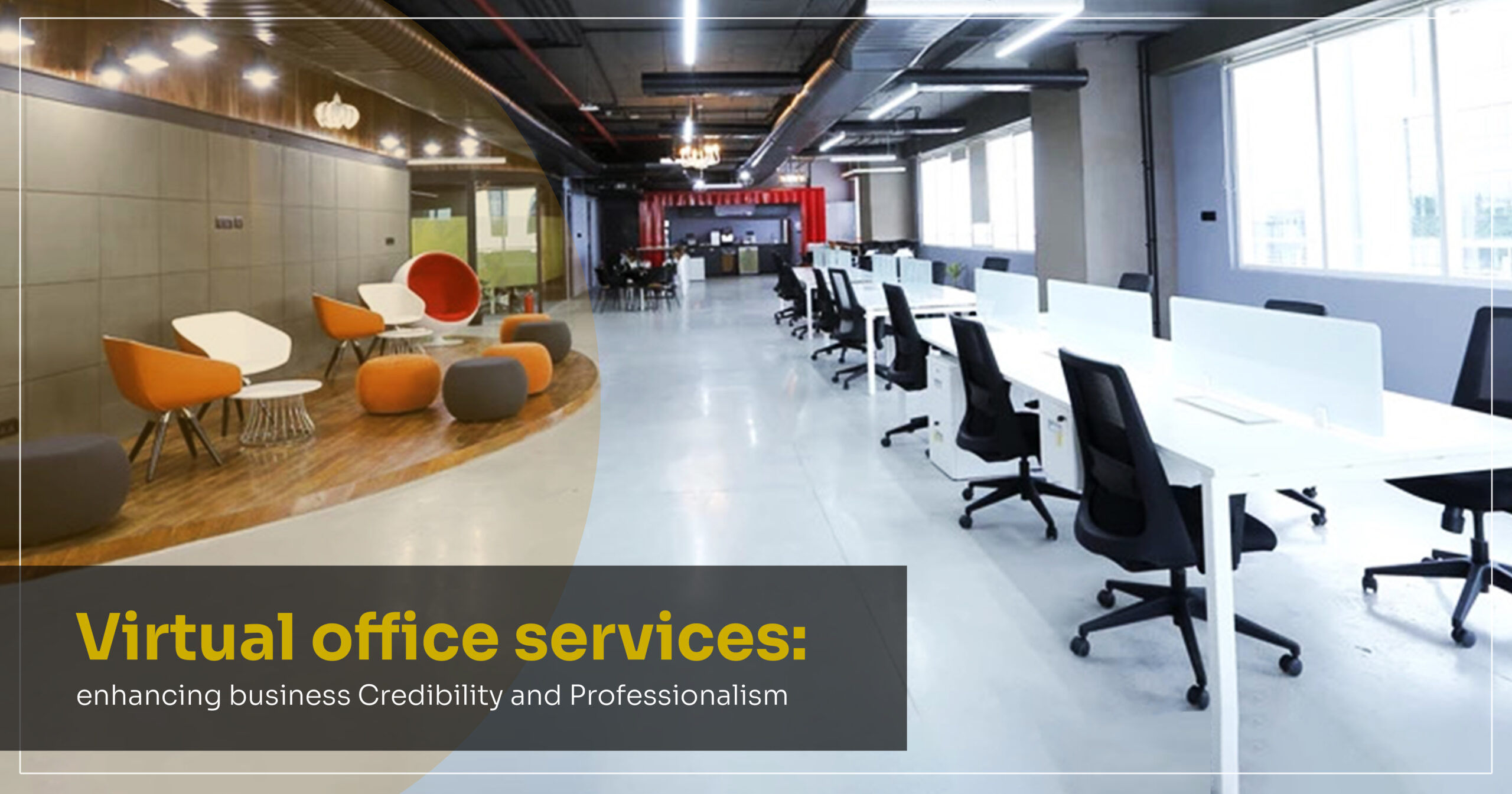The rise of virtual offices and remote work has brought about significant changes in the way businesses operate. Beyond the immediate benefits of flexibility, cost savings, and enhanced work-life balance, there are profound environmental implications. This essay explores the environmental impact of virtual offices and remote work, examining how these modern work arrangements contribute to sustainability by reducing carbon footprints, conserving resources, and promoting eco-friendly practices.
Reduction in Carbon Emissions
One of the most significant environmental benefits of virtual offices and remote work is the reduction in carbon emissions. Traditional office environments require daily commuting, which is a major source of greenhouse gas emissions. According to the U.S. Environmental Protection Agency (EPA), transportation accounts for nearly 29% of total U.S. greenhouse gas emissions, with personal vehicle use being a substantial contributor.
Decrease in Commuting
Remote work eliminates the need for daily commutes, leading to a substantial decrease in carbon emissions. A study by Global Workplace Analytics found that if the U.S. workforce worked remotely half the time, it could reduce greenhouse gas emissions by 54 million tons annually. This reduction is equivalent to taking nearly 10 million cars off the road for a year.
Moreover, fewer cars on the road mean reduced traffic congestion, which further decreases emissions from idling vehicles. This not only benefits the environment but also enhances public health by reducing air pollution and improving air quality.
Impact on Urban Infrastructure
Reduced commuting also has positive implications for urban infrastructure. With fewer people traveling to city centres for work, there is less wear and tear on roads and public transport systems, leading to lower maintenance costs and extended lifespans for these infrastructures. Additionally, reduced demand for parking spaces can free up land for green spaces, parks, and other community amenities, contributing to improved urban environments.
Energy Conservation
Traditional office buildings consume a significant amount of energy for heating, cooling, lighting, and powering office equipment. Virtual offices and remote work can lead to considerable energy savings.
Reduced Office Space Utilization
Virtual offices often operate on a shared space model, where multiple businesses share the same office facilities. This reduces the overall demand for office space and the energy required to maintain these spaces. For instance, a coworking space can serve several businesses with a fraction of the energy that each would consume if they had their own separate offices.
Home Office Efficiency
While remote work shifts some energy use to home offices, the overall energy consumption is generally lower. Employees can take advantage of energy-efficient home appliances and HVAC systems, and they have more control over their energy use. Additionally, homes are typically smaller and require less energy to heat and cool compared to large office buildings.
Renewable Energy Adoption & Resource Conservation
Many virtual office providers and remote workers are adopting renewable energy sources. Solar panels, wind energy, and other renewable sources are increasingly being used to power home offices and coworking spaces. This shift not only reduces reliance on fossil fuels but also promotes the development and use of clean energy technologies. The shift to virtual offices and remote work also contributes to resource conservation in several ways.
Reduced Paper Use
Digital communication and collaboration tools have significantly reduced the need for paper. Virtual offices and remote work environments rely heavily on digital documents, emails, and cloud-based storage, minimizing paper consumption. This not only conserves trees but also reduces the energy and water required for paper production and recycling.
Lower Office Supply Consumption
Traditional offices require a steady supply of consumables such as paper, ink, pens, and other office supplies. Virtual offices and remote work reduce the demand for these supplies. Additionally, remote workers often have more control over their office environments, leading to more mindful use of resources.
Sustainable Office Practices
Many virtual office providers are committed to sustainable practices. This includes using recycled materials for office supplies, implementing energy-efficient lighting and HVAC systems, and promoting recycling programs. These practices contribute to a more sustainable office environment and set an example for businesses and employees.
Electronic Waste Management
Remote work encourages the use of personal electronic devices, which can lead to better maintenance and longer lifespans for these devices. Additionally, virtual office providers often implement electronic waste recycling programs to ensure that old or broken equipment is disposed of responsibly.
Food and Beverage Waste
Traditional offices often generate significant food and beverage waste from cafeterias, vending machines, and catered events. Remote work reduces this waste as employees prepare meals at home, where they are more likely to manage food portions and reduce waste.
Environmental Awareness and Corporate Responsibility
The shift to virtual offices and remote work has also led to increased environmental awareness and corporate responsibility.
Corporate Sustainability Initiatives
Many companies are using the transition to remote work as an opportunity to implement broader sustainability initiatives. This includes setting targets for carbon neutrality, reducing waste, and promoting sustainable practices among employees. By adopting virtual office models, businesses can integrate these initiatives into their operational strategies.
Employee Engagement in Sustainability
Remote work allows employees to adopt sustainable practices in their personal lives, such as reducing energy consumption, using public transportation, and recycling. Companies can support these efforts by providing resources and incentives for employees to adopt green practices at home.
Challenges and Considerations
While virtual offices and remote work offer numerous environmental benefits, there are also challenges and considerations to address.
Energy Use in Home Offices
The shift to remote work can lead to increased energy use in home offices, particularly if employees do not have access to energy-efficient appliances or renewable energy sources. Companies can help mitigate this by providing resources and incentives for employees to improve energy efficiency at home.
Digital Infrastructure and Energy Consumption
The increased reliance on digital communication and cloud-based services requires substantial energy to power data centres and digital infrastructure. While these services are essential for remote work, it is important to consider their environmental impact. Companies can address this by choosing cloud providers that use renewable energy and implement energy-efficient practices.
Equity and Access
Not all employees have equal access to the resources needed for remote work, such as high-speed internet, reliable technology, and a suitable home office environment. Companies should consider these disparities and provide support to ensure that all employees can work effectively and sustainably from home.
Future Trends and Opportunities
The continued evolution of virtual offices and remote work presents new opportunities for enhancing environmental sustainability.
Advanced Technologies
Advancements in technology, such as 5G, artificial intelligence, and smart home devices, can further reduce the environmental impact of remote work. These technologies can improve energy efficiency, enhance digital communication, and support sustainable practices.
Hybrid Work Models
Hybrid work models, which combine remote work with occasional use of physical office spaces, offer a balanced approach to sustainability. By reducing the need for daily commutes while still providing access to professional work environments, hybrid models can maximize the environmental benefits of both remote work and traditional offices.
Green Building Practices
The design and construction of virtual office spaces and coworking facilities can incorporate green building practices. This includes using sustainable materials, implementing energy-efficient systems, and creating spaces that promote health and well-being. Green building certifications, such as LEED (Leadership in Energy and Environmental Design), can guide these efforts.
Conclusion
Virtual offices and remote work have the potential to make a significant positive impact on the environment. By reducing carbon emissions, conserving energy and resources, and promoting sustainable practices, these modern work arrangements contribute to a more sustainable future. However, it is essential to address the challenges and considerations associated with remote work to fully realize its environmental benefits.
As businesses and employees continue to adapt to new ways of working, there are ample opportunities to enhance sustainability through advanced technologies, hybrid work models, and green building practices. By embracing these opportunities, we can create a more sustainable and resilient business landscape that benefits both people and the planet.






